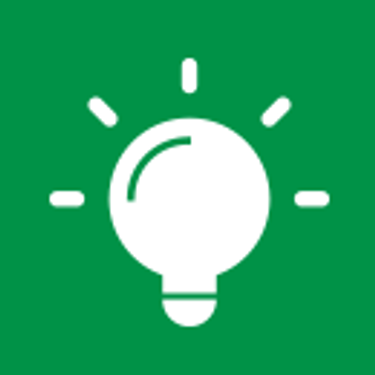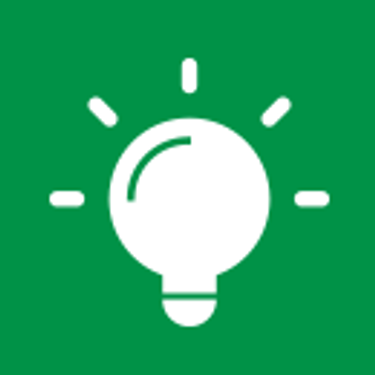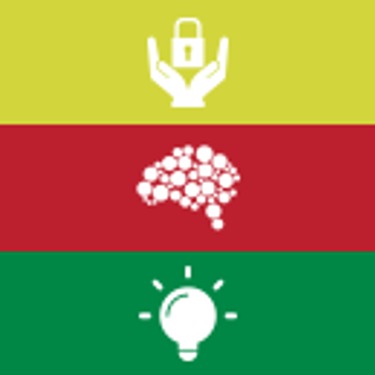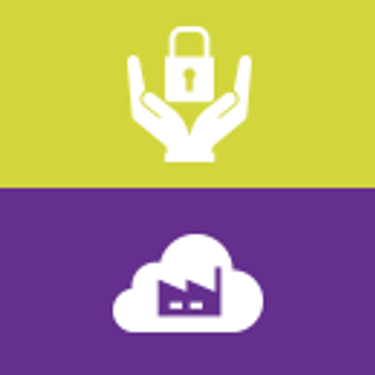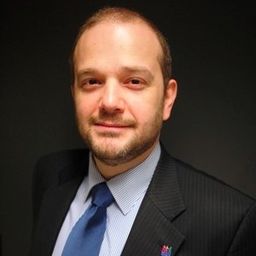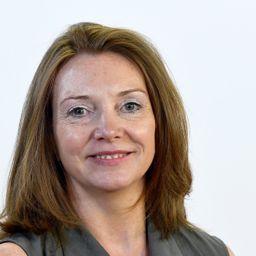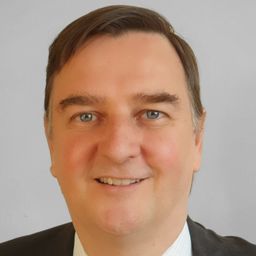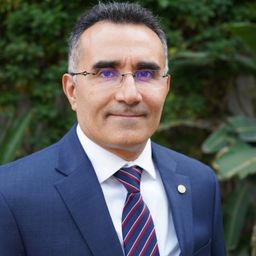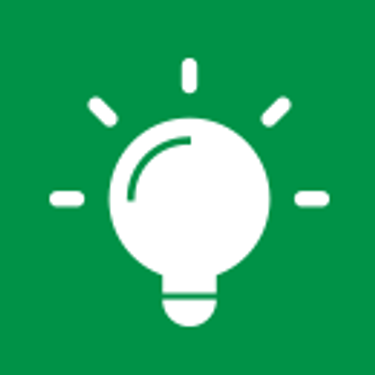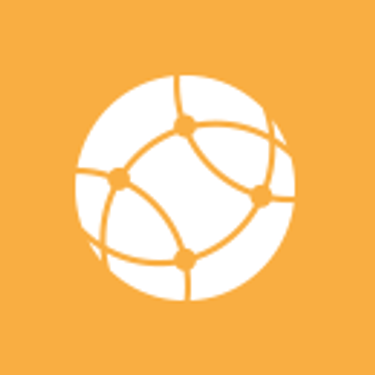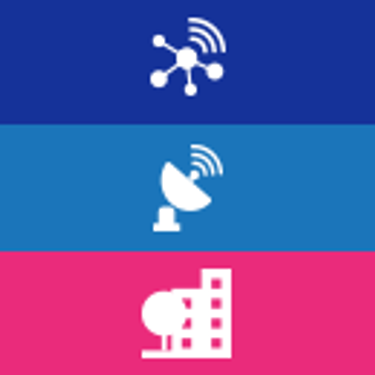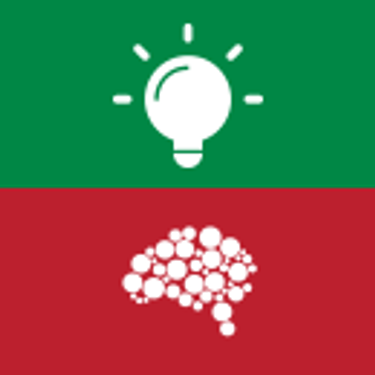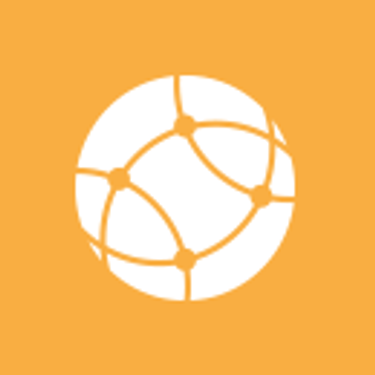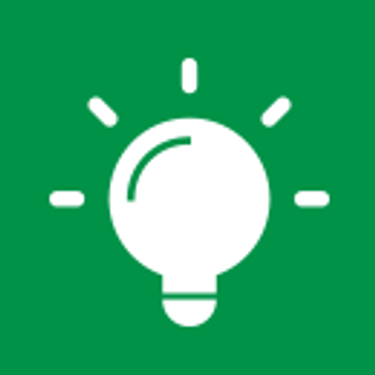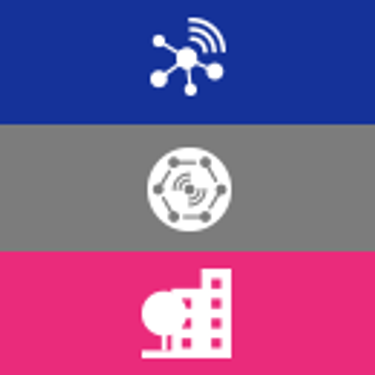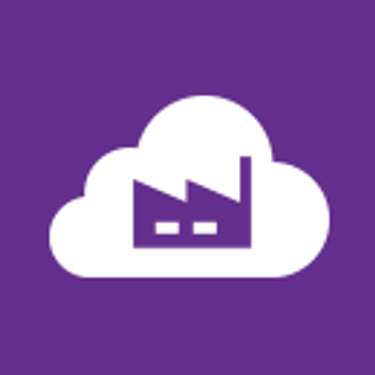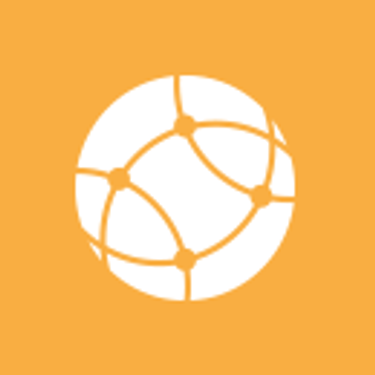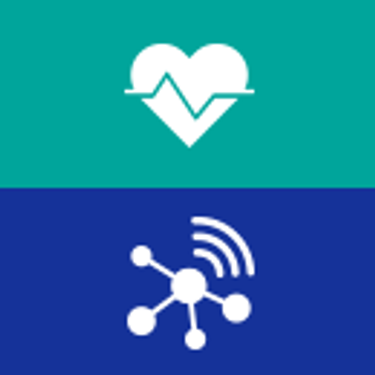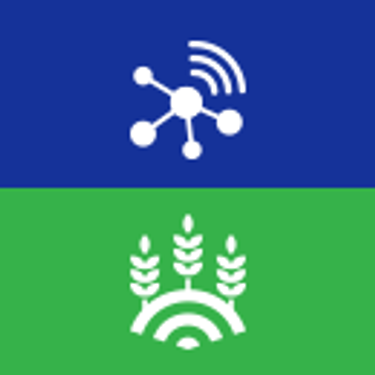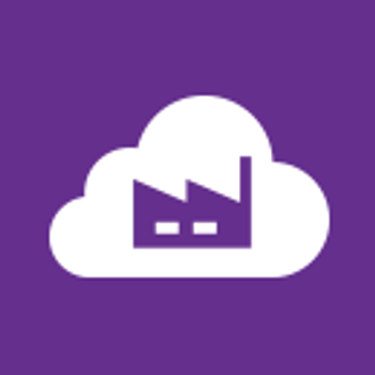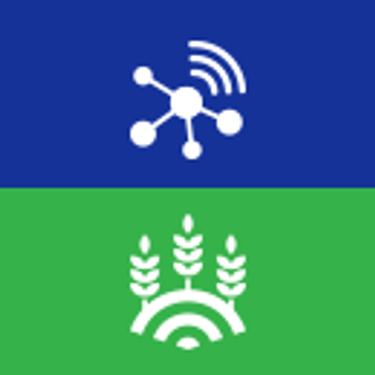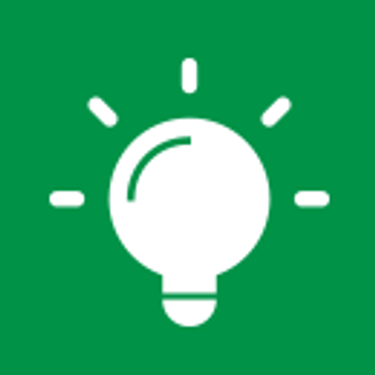
Konstantinos Loupos (M) Head of R&D, holds an MBA (Hellenic Open University, GR), M.Sc. in Microelectronics Systems Design (University of Southampton, UK) with distinction and M.Eng. in Electronic and Electrical Engineering (University of Manchester, UK). He has extensive experience in embedded systems and sensors and microelectronics systems, security systems, IoT technologies and Cybersecurity. His research interests and activities range in Sensors and Systems for Structural Health Monitoring (tunnels, structures, bridges etc), Robotics for Civil Infrastructure Inspection, Security Systems (sensors and communications), Water Demand Management, Monitoring and Leakage Detection, Fiber-Optic Monitoring Systems, Wireless Sensor Networks and Communication Systems and Application Specific Embedded Systems. Konstantinos Loupos has actively and successfully participated in a series (more than 35, in the last 19 years) of EC co-funded projects (FP5, FP6, FP7, H2020, MED, GSRT and other) in the areas of SEC, IST, ICT, SME, NMP, COOP, MED, CBC-MED and TRANSPORT, with significant positions of responsibility (Project Coordinator, Technical Manager, Leader of Development teams etc). He has more than 65 publications in Conference proceedings, Journals and book chapters. He is serving as a formal evaluator (expert) of EC projects in various topics of FP7, H2020, EUKERA/EUROSTARS and MED programmes. Konstantinos Loupos is a certified PMP, Scrum, GDPR expert (Certified DPO), member of EUROPOL EC3 cyber security group and European Cybercrime Center, member of the Secure Platform for Accredited Cybercrime Experts (SPACE), member in the EUROPOL Data Protection Experts Network (EDEN) and active member of the Alliance for Internet of Things Innovation (AIOTI). Currently Konstantinos Loupos is involved into several research projects such as: ERATOSTHENES (Coordination), CHARIOT (Coordination), ICONET (Coordination), PROFILE (ethics expert and DPO), INTERQ (partner) and PILOTING (partner).
Sessions in which Konstantinos Loupos participates
Tuesday 18 June, 2019
DevOps has recently emerged as a software development practice that encourages developers to continuously patch, update, or bring new features to the system under operation without sacrificing quality. Software development and delivery of IoT systems would greatly benefit from DevOps as devices and IoT services requirements for reliability, quality, security and safety are paramount. However, even if DevOps is not bound to any application domain, many challenge...
DevOps has recently emerged as a software development practice that encourages developers to continuously patch, update, or bring new features to the system under operation without sacrificing quality. Software development and delivery of IoT systems would greatly benefit from DevOps as devices and IoT services requirements for reliability, quality, security and safety are paramount. However, even if DevOps is not bound to any application domain, many challenge...
Thursday 20 June, 2019
1. Blockchain and IoT Convergence Challenges2. Disruptive Solutions and Business cases3. Blockchain in a digital city4. Blockchain in building Industrial IoT Trust
Sessions in which Konstantinos Loupos attends
Tuesday 18 June, 2019
Welcoming Remarks Co-ChairsSébastian Ziegler, Chairman, IoT ForumBrian Bech Nielsen, Rector, Prof. Aarhus UniversityKarsten Dehler, Commercial Director, It-Forum, Denmark
Industries are crossing today a crucial transition in terms of technologies and sustainability is a key driver for them. The integration of new technologies, if done appropriately and fast enough can help industries become more competitive; if not managed accordingly however IoT misuse can have adverse consequences on industries and their external environment.Similarly, IoT applications can greatly contribute t...
The Next Generation Internet (NGI) initiative from the European Commission aims at developing key building blocks of the internet of tomorrow and shape its development towards an internet of humans that responds to our fundamental needs, including trust, security, openness and inclusion, and in general reflects the values and norms we enjoy in our society. At the core of the initiative stands a research and innovation programme dedicated to directly support in...
1570519584 Compliance verification of a cyber security standard for Cloud-connected SCADA 1570526139 Reverse Engineering of IoT Devices
13:30 - 14:00 Applied IoT in a water utility by Jan van Cappellen (HYDROKO) Around 205,000 of Kamstrup’s MULTICAL® 21 intelligent water meters are being installed throughout Antwerp over the next three years. About 10.000 have already been installed, and they will be integrated with Hydroko’s HydroKonekt smart valve. The meters are being read remotely via the IoT communication technology SIGFO...
After the successful launch of the first edition of the workshop on “Internet of Things (IoT) for Smart Cities & Communities Convergence” at IoT Week 2017, we are now inviting you to join the next level of standards convergence to support cities & communities at IoT Week 2019 in Aarhus, Denmark - organised jointly by an alliance of international institutions and networks.The dramatic rise in urbanisation has facilitated the adoption o...
1570526520 Rekeying-based Moving Target Defence Mechanism for Side-Channel Attacks 1570526530 An assessment of the impact of IQ imbalances on the physical layer authentication of IoT wireless devices 1570526554 An assessment of the impact of wireless interferences on IoT emitter identification using Time Frequency representations and CNN
Internet of Things (IoT) technologies and applications are bringing fundamental changes to all sectors of society and economy and constitute an essential element of the Next Generation Internet (NGI). IoT technologies and applications are changing the way users, services and applications interact with the real world environment in a trusted way. The topic involves support researchers, industry, application developers and start-ups.
Wednesday 19 June, 2019
Digitalization is disrupting consumer businesses we experience this in our daily lives. As digital technologies got more mature, industrial companies also starting to take advantage to create new unique selling points. In many cases this starts with increasing efficiency, flexibility, quality and speed. Recently we also see more business model innovation leveraging digitalization in the industrial space. IoT and Analytics is often the entry point fo...
1570529906 Towards improving the Privacy in the MQTT Protocol 1570530032 Decentralized Beacons: Attesting the Ground Truth of Blockchain State for Constrained IoT Devices 1570530197 A Privacy, Security, Safety, Resilience and Reliability Focused Risk Assessment In a Health IoT System
ACTIVAGE has defined a reference architecture for IoT Platforms Interoperability. This architecture aims to build general approaches to face the interoperability in a universal way with the objective of serving as common framework to build interoperable smart ACTIVE AGEING solutions that can be deployed, extended and replicated at Deployment Sites[1] across Europe. Deploy...
By the time IoT Week starts IoF2020 would have been running for more than two years and a half. Furthermore, in 2018, IoF2020 held an Open Call to enlarge its scope in terms of new geographical areas and new IoT-based technologies. Against this background, the event would present a good opportunity to showcase the results achieved from the projects’ use cases for this period and present the new use cases that would have joined the project. IoF2020 ambitions to...
As it was stated in the IoTWeek 2018, “the adoption of the IoT by Manufacturing is first and foremost a cultural and a management issue, rather than a technology issue”. Thus, this session is aimed to introduce projects and initiatives that deal with the deployment of IoT technologies in manufacturing and help developing the cultural and managerial framework. Experts from the industry, the academy, and the research on applied technologies will offer complementa...
The second pillar finds its roots in the first one and would aim at highlighting the different impacts that are expected to be delivered by integrating IoT in the agri-food chain. IoT technologies in the agri-food sector address a set of economic, societal and environmental challenges. The potential for the sector is huge, but the implementation of such disruptive technology faces many challenges such as interoperability of the data, certification and standard...
